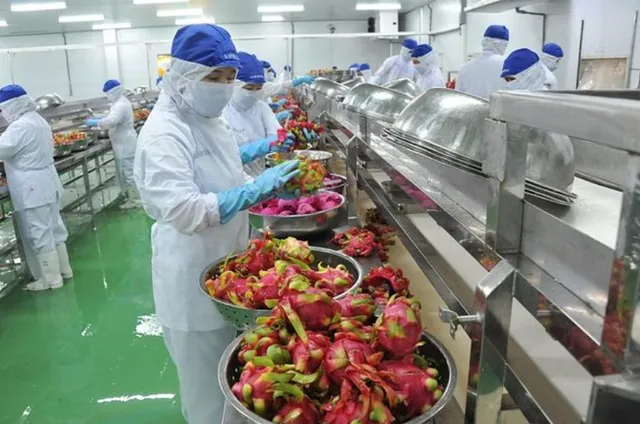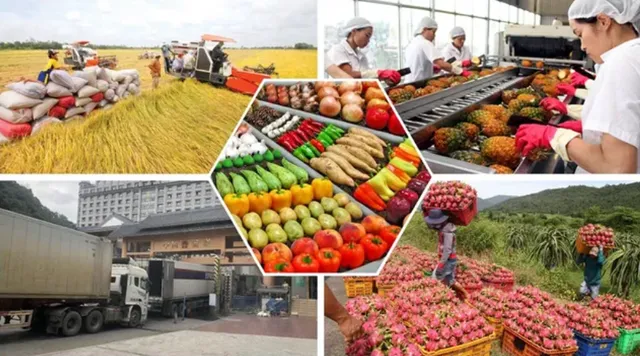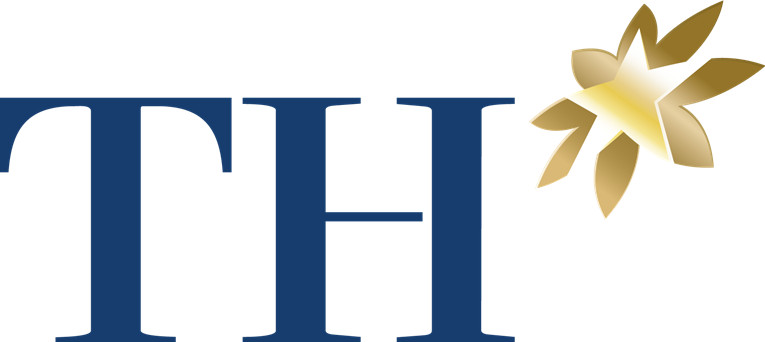Agricultural exports to the EU grow positively
After 4 years of implementing EVFTA, Vietnam's export goods to the EU reached nearly 170 billion USD, an increase of nearly 50%. In which, agriculture is one of the main export products.
After 4 years of implementation, EVFTA has brought many positive results for Vietnamese products entering the EU market. This is one of the first new generation FTAs of Vietnam, and also the first new generation FTA that the EU signed with a developing country in the Asia - Pacific region. The result is that the proportion of Vietnamese export goods to the market is nearly 170 billion USD, an increase of nearly 50% compared to the time before EVFTA. In which, agriculture is one of the main export items.
Agriculture is also the product that has benefited the most since the EVFTA came into effect. Thanks to that, the trade turnover of agricultural products has grown strongly, contributing greatly to the total trade turnover of the country. Many important products of Vietnam exported to the EU continued to grow strongly last year, such as: Seafood increased by nearly 30%, vegetables and fruits increased by nearly 35%, wood and wood products increased by more than 85%...
According to data from the Ministry of Industry and Trade, agricultural exports to the EU have increased by an average of 15% per year over the past four years. In particular, items such as ST25 rice, dragon fruit, and Hoa Loc mango have become popular products in many European countries. In addition to taking advantage of tax reductions, Vietnamese agricultural enterprises have also strived to improve product quality to meet the EU's strict standards. Many enterprises have invested in modern production technology, applying quality control processes from planting, harvesting to processing and packaging.
Improve quality to increase competitiveness

EVFTA continues to be a lever to promote Vietnam's exports.
The recently released Business Confidence Index survey by the European Chamber of Commerce (EuroCham) in Vietnam also emphasized that after 4 years of implementation, EVFTA continues to be a lever to promote Vietnam's exports, while opening the door for European businesses to enter the Vietnamese market. Currently, Vietnam is among the leading countries in the production and export of coffee, pepper and rice. The strictness of world markets contributes to improving the quality of agricultural products and competitiveness, positively affecting the export activities of Vietnamese agricultural products.
Mr. Julien Gurrier - Ambassador of the European Union EU to Vietnam said: "It can be seen that the level of trade liberalization has been increasingly improved over the years, such as the level of tax reduction is gradually approaching 0% by 2030 in the EVFTA Free Trade Agreement. But along with that are stricter requirements for Vietnamese goods, especially agricultural products, these items must prove their origin , growing area to the processing process of agricultural, forestry and fishery products . The EU will evaluate from the standards, certificates to the implementation process from raw materials to finished products. In addition, from the time of negotiation and signing until now, many years have passed, so there have been new standards on social and environmental responsibility".
Investing in sustainable production to increase the value of agricultural products
Although the European Union has recognized positive changes in Vietnamese agricultural products, this is still a demanding market with constantly changing regulations. Therefore, if Vietnam wants to boost exports, it needs to overcome existing problems related to rules of origin and quality of agricultural products. Investing in developing sustainable agricultural models and large-scale, high-quality commodity production is the direction that many businesses are aiming for to meet the increasingly demanding demands of the international market.
Investing heavily in deep processing has helped this enterprise continuously increase its export output to markets, especially the EU. The proportion of exports of processed products from pineapple, passion fruit, and corn of this enterprise to the EU has increased from only about 1/5 of total output... to nearly half now.

Unblocking the EU market is also a good basis for us to apply those common rules to enter more demanding markets.
"From 2016 to now, we have invested in 2 new processing complexes, 1 in the Central Highlands, 1 in Son La, both factories are G7 standards, meeting all European market standards. In the near future, we have been investing in green processing technology to gradually move towards 100% green products", said Mr. Dinh Gia Nghia - Deputy General Director of Dong Giao Food Export Joint Stock Company.
Not only the processing stage, but also the construction of raw material areas and the cultivation process must be invested in thoroughly.
The pineapple area has been cultivated for decades but still produces a steady yield of 80 - 90 tons of pineapple/ha. Thanks to large investments in infrastructure, changes in farming methods, and deep technical expertise, it helps increase output and serve production and processing plants. Thus, ensuring from raw material areas to output products... helps businesses meet the rules of origin and conquer demanding markets like the EU.
In fact, the rate of utilizing rules of origin has increased in key industries such as Seafood: nearly 90%, Vegetables and fruits: >88.3%... not only helping businesses take advantage of 0% tax incentives but also, above all, enhancing the level of Vietnamese brand recognition, increasing the competitiveness of Vietnamese goods in the EU.
Mr. Luong Hoang Thai - Director of the Multilateral Trade Policy Department, Ministry of Industry and Trade said: "For example, when our seafood products can access the EU market, the ability to access other markets will also increase significantly. In the past time, with the springboard to open the EU market, this is also a very good basis for us to apply those common rules to enter more demanding markets. Especially the EU is one of the partners leading new trends today, such as digital transformation, green transformation".
According to EU trade agencies, the proportion of Vietnamese agricultural products such as passion fruit, dragon fruit, durian, mango, etc. has always been maintained and has grown compared to other countries, even during times of trade fluctuations due to epidemics and logistics disruptions. This will help quality products gradually conquer the demanding European Union market.
Thuy Linh


